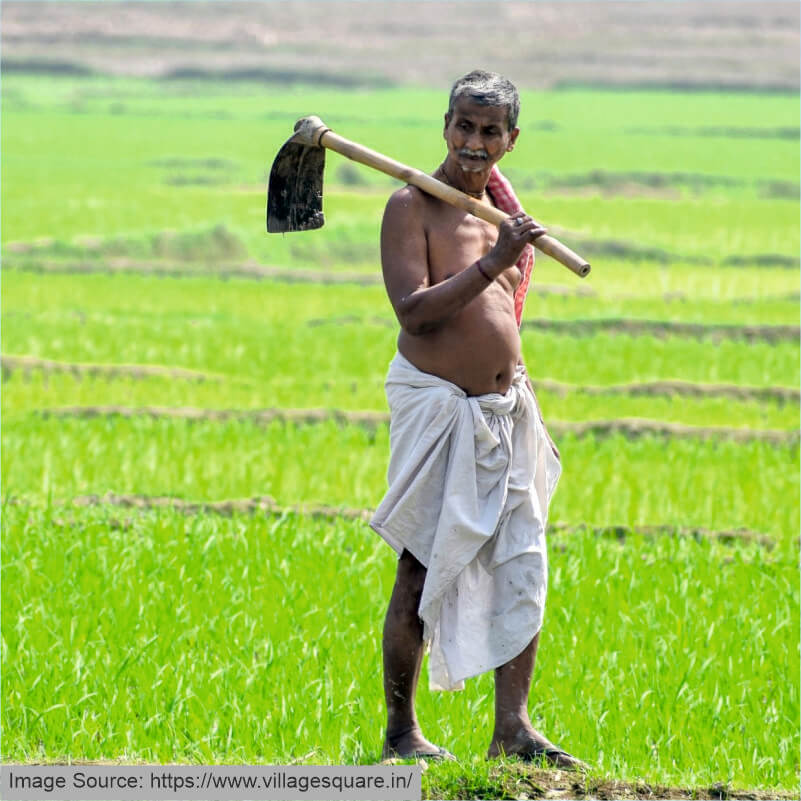The relationship between urban and rural India has always been symbiotic, with cities relying on villages for their food supply. However, in recent years, the plight of Indian farmers has highlighted the need for greater support from urban populations to ensure a thriving agricultural sector.
One of the most effective ways urban residents can support farmers is by participating in local farmers’ markets. These markets provide a platform for farmers to sell their produce directly to consumers, bypassing middlemen and ensuring fair prices. By choosing fresh, locally sourced goods, urban dwellers not only get healthier produce but also contribute to the economic well-being of farmers.
Urban India can also support farming through Community-Supported Agriculture (CSA) initiatives. These programmes involve consumers subscribing to a farmer’s harvest in advance, providing farmers with a stable income and reducing financial risks. Additionally, such arrangements foster a sense of community and trust between farmers and consumers.

Another crucial step is educating urban populations about the challenges farmers face. Campaigns that highlight issues like climate change, water scarcity, and fair trade can encourage people to make more informed choices about their consumption patterns. Urbanites can advocate for policies that benefit farmers, such as improved access to technology, better infrastructure, and fair pricing mechanisms.
Technology also plays a vital role in bridging the gap between rural farmers and urban consumers. Digital platforms and mobile apps have emerged as powerful tools for connecting farmers with buyers, enabling transparent transactions and wider market access. Urban entrepreneurs and start-ups can further innovate in this space, creating solutions that empower farmers.
Finally, urban residents can support farmers by reducing food waste and promoting sustainability. Responsible consumption and adopting rooftop gardening and urban farming practices can alleviate some of the pressures on rural agriculture while fostering self-sufficiency in cities.
By taking these steps, urban India can play a pivotal role in creating a more equitable and sustainable agricultural ecosystem. Supporting farmers is not merely a charitable act but a vital investment in the nation’s food security and economic stability. Urban and rural communities can build a future where farming is not only viable but also celebrated as the backbone of the Indian economy.
We at Child Help Foundation also promote Kitchen Gardening at schools along with sustainable practices. You can join us or donate to make a difference.
